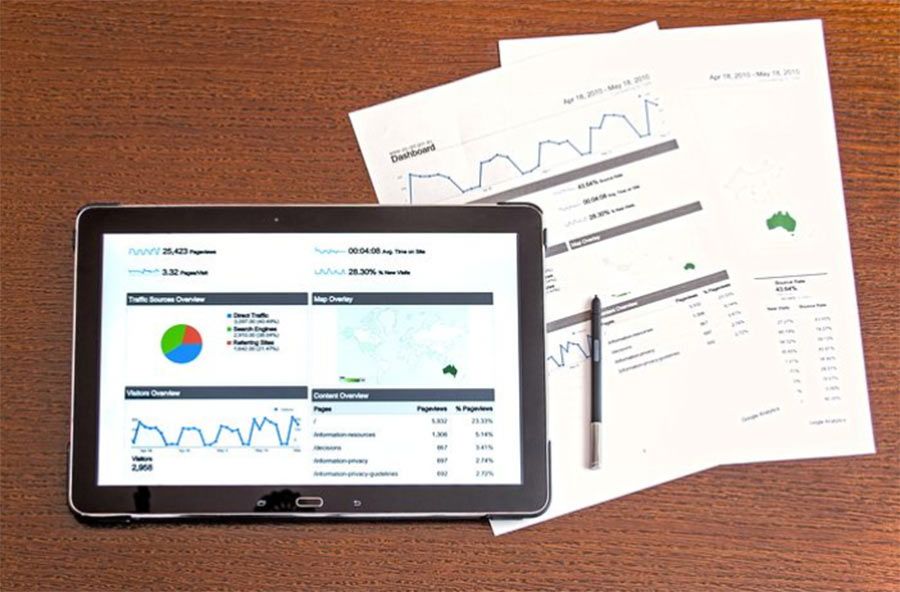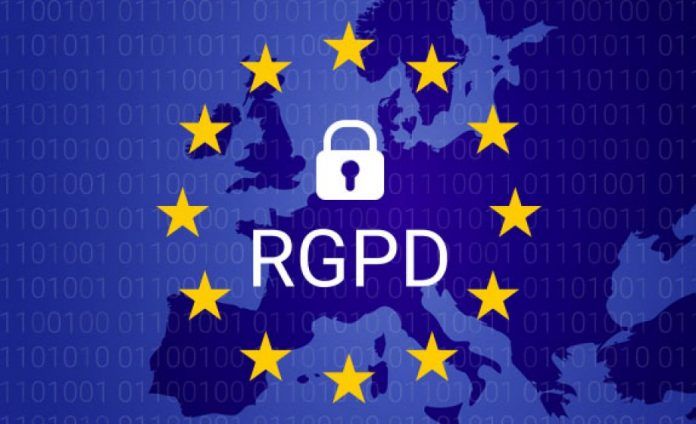Everything about RGPD solutions – General Data Protection Regulations
The General Data Protection Regulations (GDPR) entered into force in spring 2018, replacing the data protection directive, created in 1980, as a general guidance rule relating to the personal data protection of the citizens of I’European Union. But the GDPR has large -scale effects, impacting not only companies based in the’EU, but also all companies around the world that control or process data from citizens of the’Ue. According to the GDPR, companies that process or store a large volume of personal data must designate a data protection officer.
What are the roles of a DPO as part of the GDPR
The role of the data protection delegate is complex because it serves as a point of contact between the’organization and surveillance authorities. It also falls to him’inform employees about compliance requirements and train data controller. In addition, the DPO performs regular security audits and makes recommendations to promote compliance with regulations and best practices. The introduction of the GDPR resulted in general demand from managers of qualified data protection, but as it is a new role, there is a lack of qualified professionals to fill this position.
Beyond the shortage of qualified DPO, many companies are faced with uncertainties regarding the recruitment process and#8217;.

DPO missions: Protect and advise
The very first mission of the data protection delegate consists of’ensure that processing of personal data n’a do not’negative impact on those concerned. It is a rather technical formulation which simply consists in saying that the DPO cannot intervene after the facts, that is to say once the treatment has already been implemented. As indicated above, the real force of the DPO N’is not to advise his client after prejudice, but to give him advice on best practices and to take into account the notions of “respect for privacy” and “respect for’default environment “. These two expressions simply mean that the processing of personal data must incorporate certain guarantees, which are validated independently by the DPO from the start. Failure to comply with this rule can cause fines.
Also, to validate your processing process by a DPO or an expert on the protection of privacy before its implementation is essential.
When you have to name a DPO?
Most of the designation criteria’A data protection delegate S’apply to most organizations. The rules defines three scenarios concerning the requirement for the appointment of a DPO.
Controllers and managers of the processing of personal data must appoint (or recruit / engage) a data protection officer when:
- The treatment is carried out by a “public authority”:
Although’Il n’there is no clear definition in legislation, the directives indicate that’they’ACT D’A question of national law.
- The “main activities” require regular and systematic monitoring of the persons concerned on a “large scale”:
The “main activities” can be considered the key operations necessary to achieve the objectives of the controller or the subcontractor. There is no definition of what the’We hear by “Large scale”. However, it can be assimilated to the processing of customer data by a company’insurance or bank, or the processing of personal data for behavioral advertising by a search engine.
The “main activities” imply a “large -scale” processing of “special categories” of personal data and relating to criminal convictions and offenses. The “special categories” of data are generally the same as sensitive personal data according to the 1998 law on data protection. They cover l’ethnic origin, political opinions, religious convictions and health data.
They s’apply in particular to survey companies, unions and health care providers. More information on this link https: // mydposolution.com/Nos-Offres/
Recruitment or appointment of a DPO
The DPO plays a crucial role. With the risk of’important fines in the event of non-compliance, the recruitment of a DPO must be done in the rules of the art. GDPR directives offer an overview of what is required.
Although L’Article 37 does not specify the professional qualities to be taken into account when the data protection delegate is appointed, it is also important that responsible for the protection of given has an expertise in the national and European laws and practices in matters of data protection and in -depth understanding of the GDPR.
A DPO must have one:
- Expertise in national and European laws and practices in terms of data protection
- In -depth understanding of the GDPR
- Understanding of data processing operations and data security
- Knowledge of sector D’relevant activity for the’organization
- Good communication skill
The DPO will be the representative of the’organization with the office of the commissioner at the’information and the public, he must therefore have the ability to promote a data protection culture within the’organization.
Why is an RGPD online tool a good investment?
Companies and organizations of all sizes can use a powerful and flexible online tool to ensure compliance with the regulations. A solution to the GDPR makes it possible to minimize the risks. Indeed, a good solution guide l’user through questions to avoid traps and’increase transparency. With features such as automated journals, the company can ensure that it is always on the right track.
This saves time because, switching between different Excel files and various folders can take a lot of time. It is possible to limit the devoted to these elementary tasks thanks to an effective tool and to focus on greater tasks. Choosing an easy -to -use online tool can s’proven to be a rapid return on investment, as it allows to avoid the fines that are can amount to millions of euros.
